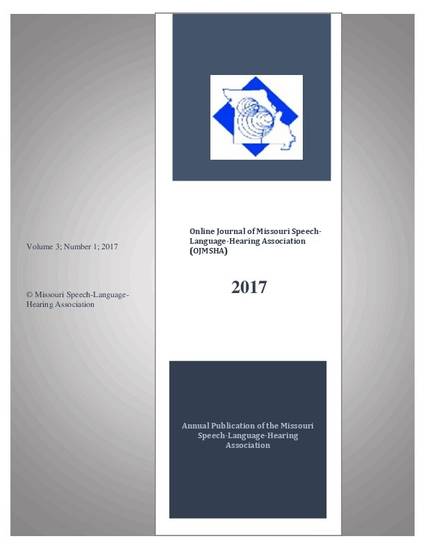
Current research shows that musical training enhances neural and behavioral auditory skills, even in as little as 20 minutes to 5 weeks of instruction (Barrett, Ashley, Strait, & Kraus, 2013; Pantev & Herholz, 2011). A computer-based music training program may be an innovative tool for improving auditory perception and listening skills. The purpose of the current study was to examine the effects of a computer-based music training program on auditory processing abilities. Participants included 20 young adults with hearing within normal limits and no history of musical training, defined as private lessons or band/orchestra/chorus class for two years or more. Participants were randomized into either a training group or a no-train control group. The training group completed a computer-based music training program, Quaver’s Marvelous World of Music™ (www.QuaverMusic.com), for 30 minutes, 6 days a week, for four weeks. Significant improvement in scores on the Dichotic Digits Free-Recall (triple-pair test) and Adaptive Test of Temporal Resolution (across-channel condition) were found for the training group. No improvement in scores on either test was found for the no-train control group. Results suggest benefits of music training on auditory skills.
